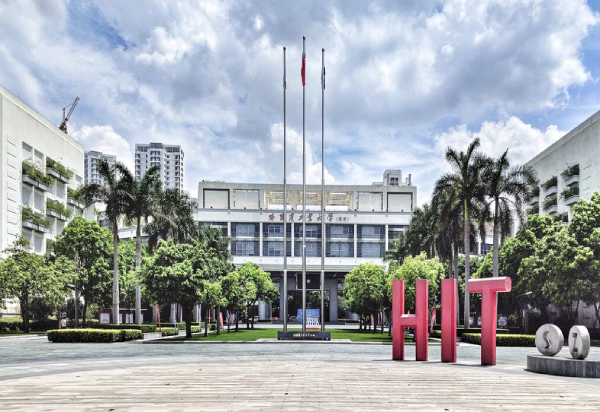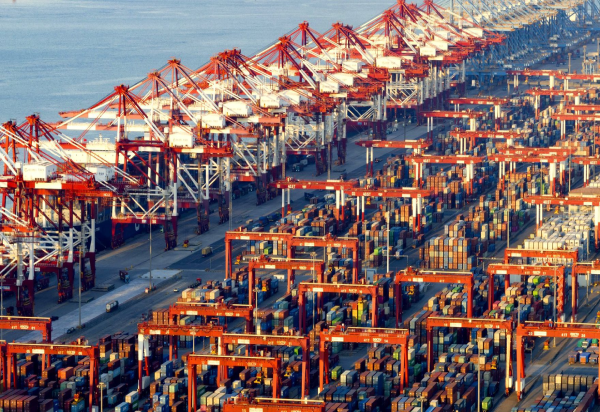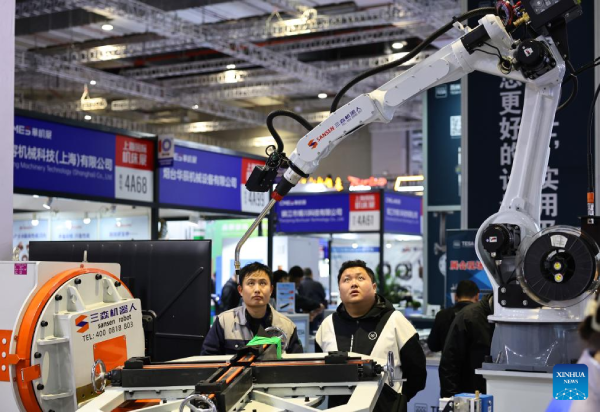Saudi Arabia’s capital, Riyadh, is hosting a Saudi-Chinese summit today, Thursday, aimed at advancing bilateral economic relations.
Chinese President Xi Jinping arrived in Riyadh yesterday and stated that he would discuss bilateral cooperation and regional and international issues with the Custodian of the Two Holy Mosques, King Salman bin Abdulaziz, and Crown Prince Mohammed bin Salman. He emphasized that practical cooperation with Saudi Arabia has yielded fruitful results across all fields.
Xi Jinping affirmed the existence of mutual strategic trust with Saudi Arabia on a continuous basis. The Chinese president is also attending the first China-Arab summit and the first China-Gulf summit.
On his part, Saudi international trade expert Dr. Fawaz Al-Alami stated that the shift towards China is not merely a political project but a global strategic partnership in economic and trade terms, especially since the Kingdom is China’s largest trading partner.
Al-Alami added in an interview with Al Arabiya on Thursday that in the past two decades, trade between the two countries has multiplied 29 times, and that Saudi Arabia is the largest oil exporter to China, surpassing even Russia—China’s northern neighbor and strategic partner.
He continued: “This year, Chinese companies signed 163 construction and contracting agreements worth over $1 billion, a 76% increase compared to last year.”
Al-Alami explained that the strategic partnerships between the two countries stem from the fact that both China and Saudi Arabia are members of the World Trade Organization (WTO). He stressed that the Kingdom does not lean East or West, but rather focuses on trade exchange, economic diversification, and achieving mutual interests and benefits.
Former WTO Director Abdel Hamid Mamdouh stated that the visit elevates the level of cooperation between the Kingdom and China to the level of heads of state, but it does not change the nature of the existing partnership, as there is complementarity between the two economies, both being members of the WTO. He added that the partnership is governed by agreed-upon rules. While there is a need to reform the organization, Saudi Arabia and China share common stances within the WTO, especially in ensuring predictability and stability in trade relations.
Mamdouh added that the partnership is evident in key sectors such as oil, services trade—which may exceed merchandise trade in value—as well as construction, financial services, and telecommunications, where strategic political dimensions also emerge due to international competition in technology.
He emphasized that Saudi Arabia’s balanced approach between the two global powers—China and the U.S.—is crucial both strategically and economically. He noted that steps taken with both countries place the Kingdom in a strong position to advance its economic and geopolitical agendas.
In a related context, Dr. Fawaz Al-Alami pointed out that Saudi Arabia and China aim during this visit to increase their regional investments from $10 billion to over $60 billion over the next 10 years. He explained that Saudi Arabia is one of the most important countries located on the Belt and Road Initiative, which includes 65 countries and is expected to grow to 132 countries. The Kingdom sits on three of the world’s most vital maritime corridors, through which 18% of global trade passes, making it a highly strategic location for attracting Chinese investment, particularly in the industrial and services sectors.
Al-Alami stressed that boosting exports between Saudi Arabia and China is not only in the interest of the Kingdom but benefits all countries along the Belt and Road.








